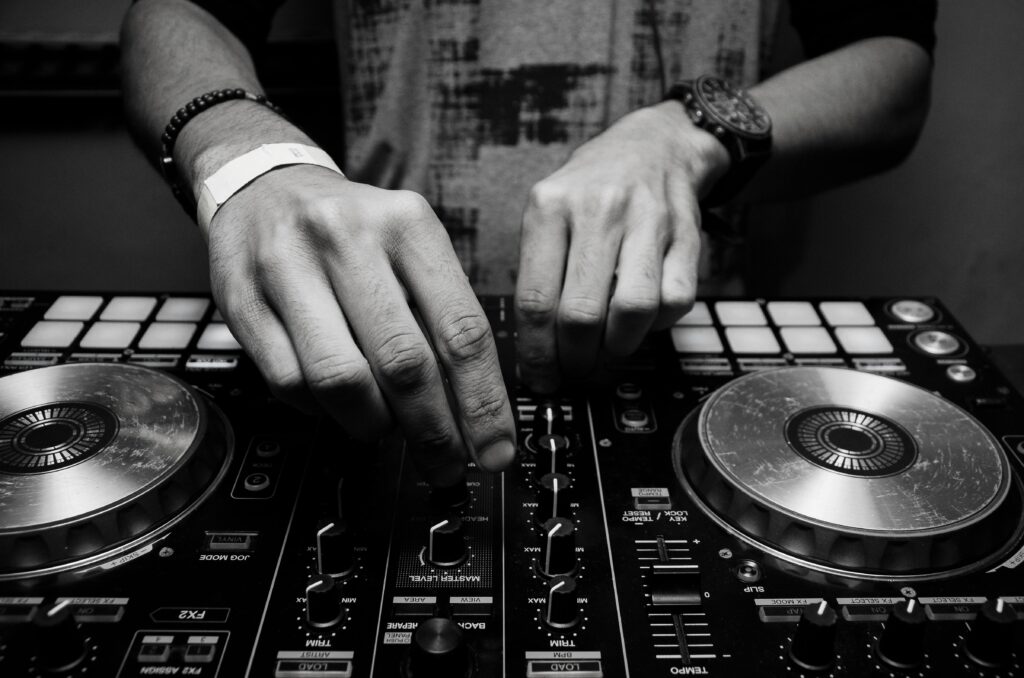Music is a universal language that transcends boundaries and cultures, speaking directly to the soul. From the rhythmic beats of ancient tribal drums to the sophisticated compositions of classical maestros, music has played an integral role in human history. But beyond entertainment, music holds transformative power that can shape our emotions, behaviors, and even our brains.

The Emotional Impact of Music
One of the most profound effects of music is its ability to evoke emotions. Whether it’s the joy felt during a lively pop song or the melancholic introspection triggered by a soulful ballad, music has a unique way of tapping into our feelings. Scientific studies have shown that listening to music releases dopamine, the “feel-good” neurotransmitter, in the brain, providing a natural high and a sense of happiness.
Music and Memory
Music is also a powerful tool for memory. Have you ever heard a song that instantly transported you back to a specific moment in your life? This is because music is closely linked to our memories. Research suggests that music can aid in the recall of information and is even being used as a therapeutic tool for patients with Alzheimer’s and dementia. Songs from a person’s past can trigger memories and emotions, providing comfort and a sense of identity.
Cognitive Benefits
Listening to and playing music can also enhance cognitive abilities. Learning to play an instrument requires coordination, discipline, and the ability to read music, all of which engage different parts of the brain. Studies have shown that musicians often have better memory, problem-solving skills, and even language abilities. Moreover, music education in schools has been linked to higher academic performance and improved social skills among students.
Music ahttps://my.clevelandclinic.org/health/treatments/8817-music-therapys Therapy
The therapeutic benefits of music cannot be overstated. Music therapy is a growing field that uses music to address various physical, emotional, cognitive, and social needs of individuals. It has been effective in helping people cope with stress, anxiety, and depression. For instance, rhythmic drumming has been found to reduce stress and improve mood, while singing and vocal exercises can enhance respiratory function and speech in patients recovering from strokes.
The Cultural Significance of Music
Music is deeply woven into the fabric of cultures around the world. It is used to celebrate, to mourn, to worship, and to tell stories. Different genres and styles of music can reflect the history, struggles, and triumphs of a community. From the spirituals sung by African slaves to convey hope and resistance, to the punk rock anthems that fueled the countercultural movements of the 1970s, music has been a powerful medium for social change and expression.
